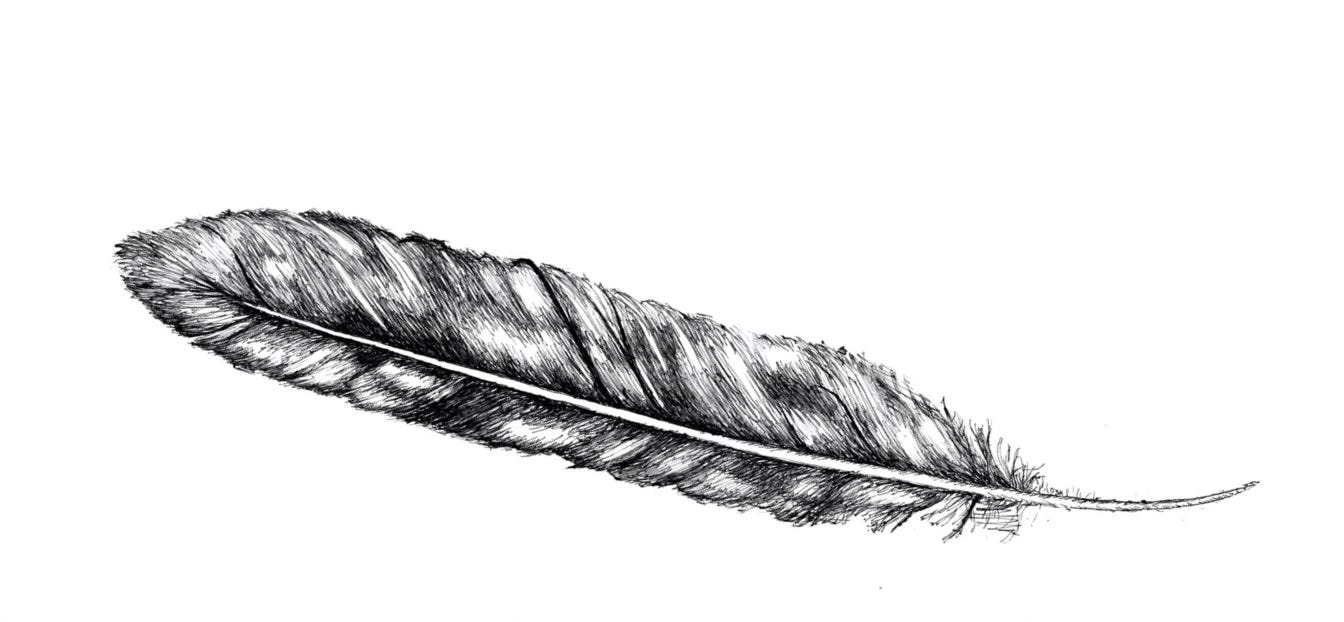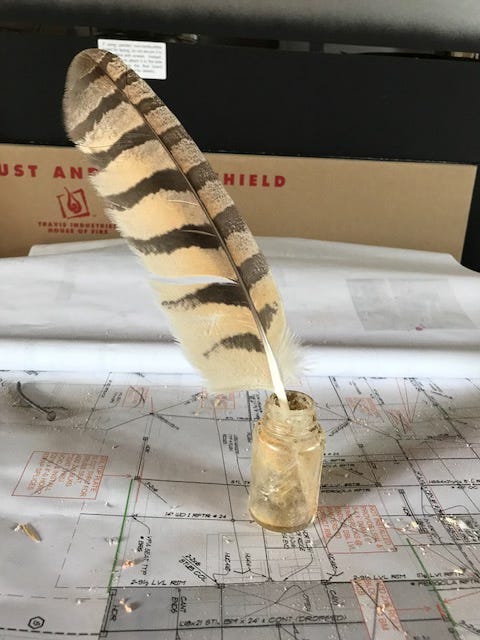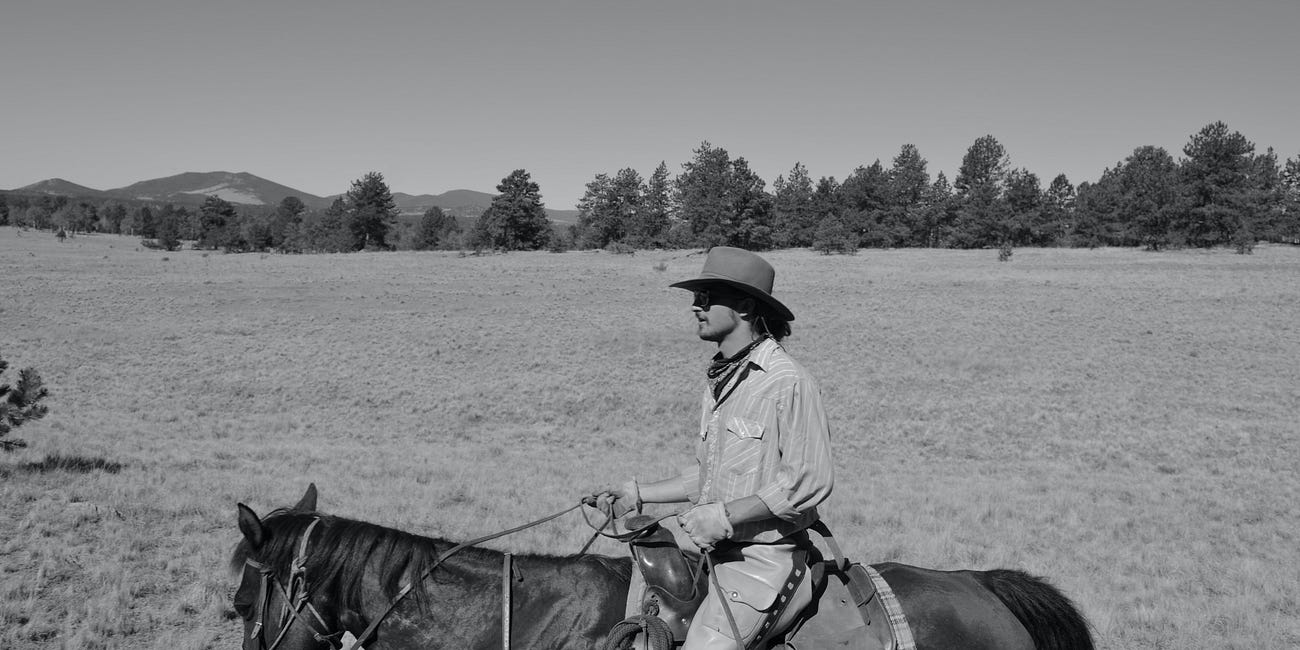
Two owls lived in the rafters of Jim Casey’s barn. The barn sat beside two-hundred acres of grama grass prairie, wild, and kept that way by five generations of the oil man’s family. Hunting grounds, as they were, for spring turkey and autumn grouse, which kept his dinner table full year-round, and for the owls, a land ripe with field mice awaiting the picking.
Jim Casey knew the owls hunted the prairie because of the piles of small bones littering the dusty floor of his barn. He liked that his land supported them. Before climbing into his truck each morning, he peered into the rafters through the dawn twilight to see them home from another night’s hunt.
A feather lay on the dash of the oil man’s truck, one that he had collected from amongst the bones on the dusty floor of his barn, and he often pulled his callused fingers down the plumage, watching it fold down and spring open the same way the land did with the seasons.
By then, April had tempered the bitter chill in the air, readying the foothills for long summer days—yet, by all accounts, Jim Casey’s mind remained stuck in the hoarfrost of deep winter.
Extraction figures from his competitors drilling in the Bakken forced his company to scrape together barrels just to keep up, and barely at that. He needed more wells. He needed more deals. Without some kind of break, his boys would soon be headed for the unemployment line.
Sometimes Jim Casey looked to the owls in his rafters for solace. Theirs was a simple life, he reckoned. Their instincts hadn’t been saddled by responsibility and dulled by convenience, like most men he knew.
But a man needs more than instinct to make it in this world, and when Jim Casey’s instincts didn’t prove enough he at least had the stubborn try to survive the rest. The hard skin on his hands hadn’t gotten that way for nothing.
Having fought through oil gluts, drilling bans, and leaks at old wells, he needed only the courage to do something he knew to be profane. Staring out his kitchen window with a strong and early cup of coffee, Jim Casey made the call: he would drill his two-hundred acre hunting grounds.
The process kicked off like a rifle. His surveyors drove their stakes into his soil. His excavators pulled their gravel road across his prairie. His drill rig bored deep into the earth and his boys got the oil flowing. And soon, Jim Casey found the numbers in his ledger book rising.
At dawn, he peered into the rafters of his barn and found the two owls missing. He chewed on his tongue and stared at their vacant perch. Jim Casey turned his back. Didn’t have much of a choice, he reckoned.
When the oil man got into his truck, he pulled his callused fingers down the feather on his dash. His hard skin hadn’t gotten that way for nothing.
“Fiction is the lie that tells the truth.” Neil Gaiman said that. Sometimes I write short stories (instead of essays). It’s nice to forget the facts once in a while, you know? I’ll throw these out every so often, mix it up.
If you liked this one, try another . . .
How To Fix A Broken Shoelace
So the other morning I’m pulling on my sneakers, giving the laces a tug, and one of them snaps in two. It’s 7am and the frustration piles up.






